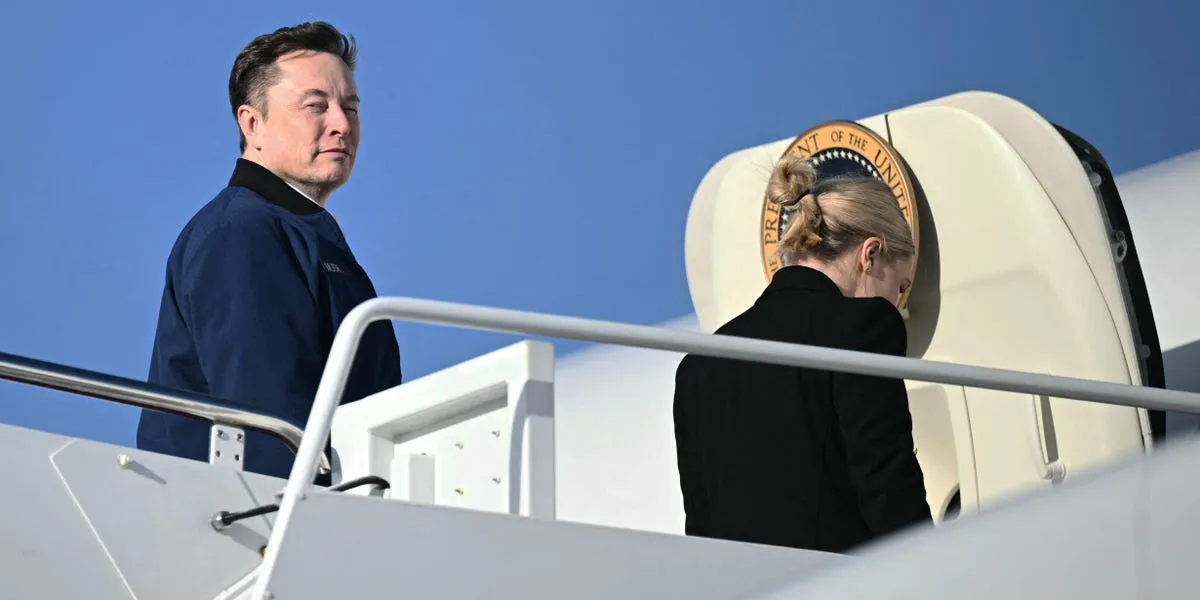
On Saturday, Elon Musk expressed his desire for a zero-tariff system between the United States and Europe, just days after President Donald Trump announced new reciprocal tariffs affecting numerous trading partners. During a virtual meeting with Italian Deputy Prime Minister Matteo Salvini, Musk emphasized the benefits of establishing what he believes should be a free trade zone encompassing both Europe and North America.
Musk stated, "I hope it's agreed that both Europe and the United States should move ideally, in my view, to a zero-tariff situation." His vision aims to eliminate trade barriers that currently hinder economic collaboration across the Atlantic. This comes in the wake of Trump's latest tariff plan, which he dubbed "Liberation Day." Under this plan, the European Union, including Italy, is set to face a significant 20% tariff rate.
Elon Musk has emerged as a pivotal figure during Trump's second term, particularly with his extensive cost-cutting initiatives linked to the White House DOGE office. His advocacy for a zero-tariff framework is part of a larger conversation regarding trade relations and economic strategies. Musk's proposals could potentially reshape how goods and services flow between the U.S. and Europe, promoting greater economic efficiency and collaboration.
During the discussion, Musk also highlighted the importance of allowing individuals the freedom to move between Europe and North America. He stated, "If people wish to work in Europe or wish to work in North America, they should be allowed to do so, in my view." This sentiment reflects his broader perspective on enhancing global mobility and encouraging a more interconnected workforce, which he believes will benefit both regions.
Elon Musk’s call for a zero-tariff trade agreement and increased freedom of movement underscores the ongoing dialogue about trade and economic policies between the United States and Europe. As these discussions unfold, the potential for a more integrated economic landscape remains a topic of significant interest for policymakers and business leaders alike.